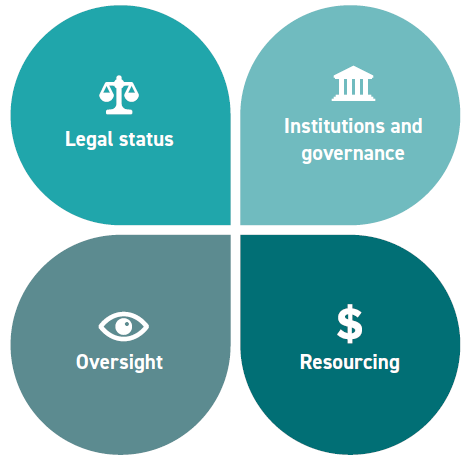Ambitious climate targets alone are not enough - policy measures must also be implemented in order to achieve these targets. There are already a large number of instruments and assessments for evaluating targets, but only a few for evaluating implementation.

The Climate Transparency Partnership brings together climate assessments and expertise from organisations in the G20 countries. Since 2014, the partnership has been analysing the G20's progress in the transformation to a green economy using independent, comparable and comprehensive data. The partnership comprises 16 civil society organisations from 14 G20 countries.
The Policy Implementation Check creates a clear framework for checking at an early stage whether the policy measures are being implemented with a view to achieving a country's NDC. This early review is important because the results of the policy and the impact on greenhouse gas emissions can usually only be measured several years after implementation. There is therefore usually little time for course corrections if the implementation of climate protection measures is weak. The Implementation Check is therefore an important tool for stakeholders to assess the implementation status of measures and, if necessary, to persuade governments to take more action.
The Implementation Check methodology can be used to review the implementation of any policy measure. It examines various features of policy implementation, which can be divided into four categories: Legal Status, Institutions & Governance, Funding and Oversight. For each of these categories, the framework contains specific questions designed to ensure that the results are comparable between different countries.
11/2021 – 06/2022
World Bank
Florian Mersmann, Gerd Leipold, Mariana Gutierrez